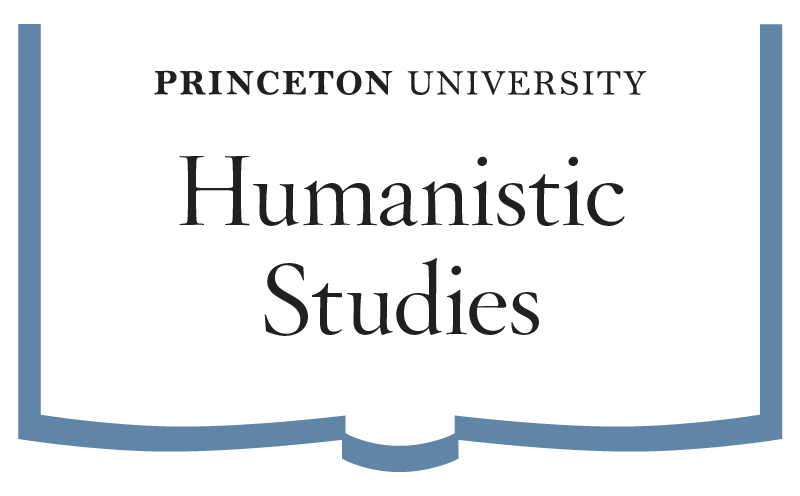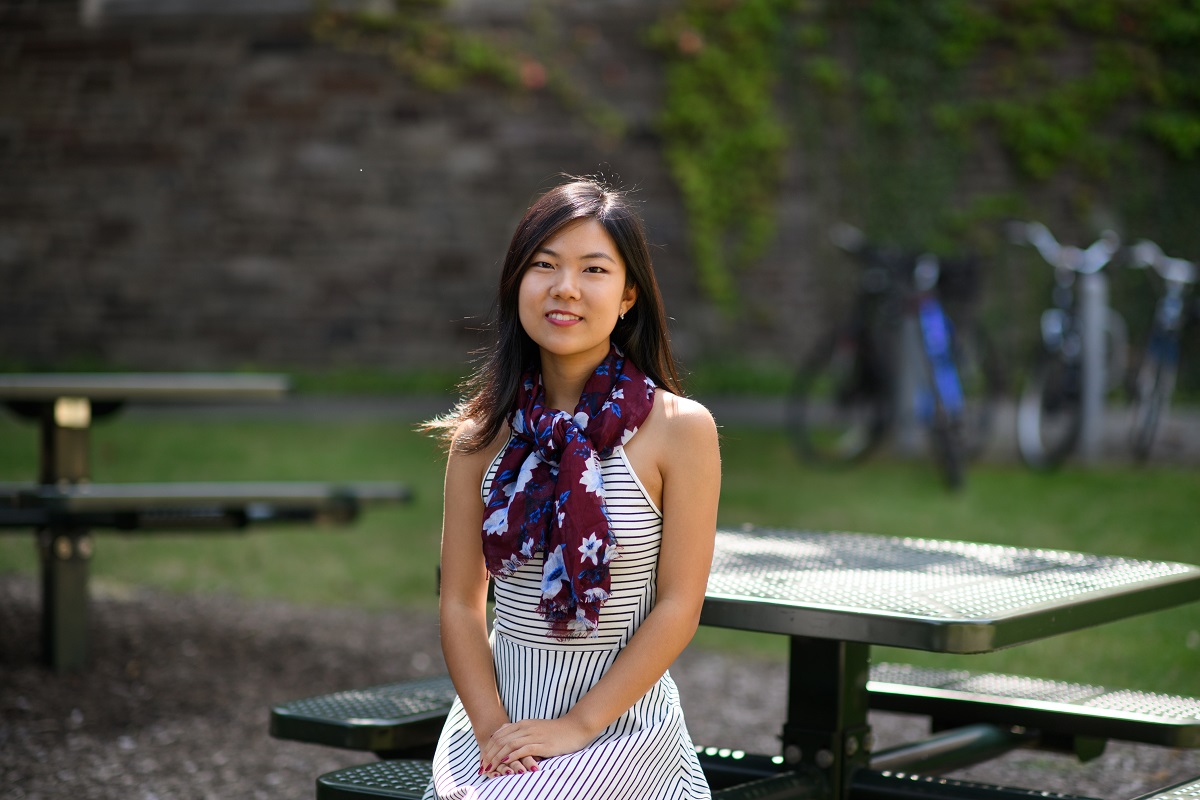I’m a Psychology major with a certificate in Neuroscience.
Role(s) held in the Humanistic Studies Program:
Certificate Student, Student Mentor
Activities on campus:
I am involved in several community service activities with the Pace Center for Civic Engagement, particularly Community House, which oversees 16 education-based programs aimed at addressing the opportunity gap amongst local youth. I am a co-founder and project leader for Generation Speak as well as a co-chair of the Community House Executive Board. I also serve as chair of the Princeton Internships in Civic Service (PICS) Student Advisory Council. Outside of Pace, I am a research assistant for the Bodies of Knowledge medical humanities working group and am a member of the Princeton Sailing Team.
Honors:
Junior Howard Crosby Warren Prize in Psychology
Why I decided to study the humanities:
Coming from an engineering magnet high school, I wanted to take advantage of my freshman year at Princeton to explore an interest in the humanities that I had always had, but hadn’t necessarily had a chance to delve into. The HUM Sequence seemed like a perfect way to challenge myself while gaining a broad understanding of the Western canon, and it opened my eyes to the exciting, interdisciplinary work possible within the humanities.
What I have gained from the humanities:
Apart from giving me an inherently deeper appreciation for various humanistic fields and their interconnections, studying the humanities has changed how I view the process of learning itself. It’s taught me to value the curiosity and nuance behind every field and topic of study, and the underlying humanistic motivations that drive all of them. In my own work in psychology, neuroscience, and the humanities, I no longer view the sciences and the humanities as “opposites” that balance each other, but as complexly intertwined, interdependent facets of a broader pursuit of knowledge; it would be a mistake to pursue one without acknowledging the other.
Independent work:
My senior thesis uses data-driven modeling to examine face-based perceptions of physician characteristics, such as perceived warmth and competence. These aspects of nonverbal physician impressions have been demonstrated to have a substantial influence on patient-physician relationships and subsequent patient health outcomes, and have particularly important applications in telemedicine / virtual medicine settings.
HUM Sequence fall break trip:
I went to Greece in fall 2016 with Professor Benjamin Morison. The HUM trip to Greece was my first taste of international, first-hand research, and it left me with a sense of awe and wonder that has continued to drive my interests in the humanities, as well as a desire to pursue further travel and research. My independent work during the trip examined depictions of the Acropolis during the advent of photography in the 19th century. Focusing on the differences in its portrayal between painting/drawing and photography, I looked at the implications of these depictions on the changing perception of Athens and their role in perpetuating the perception of Athens as a “classical” and historicized — often mythicized — city.













